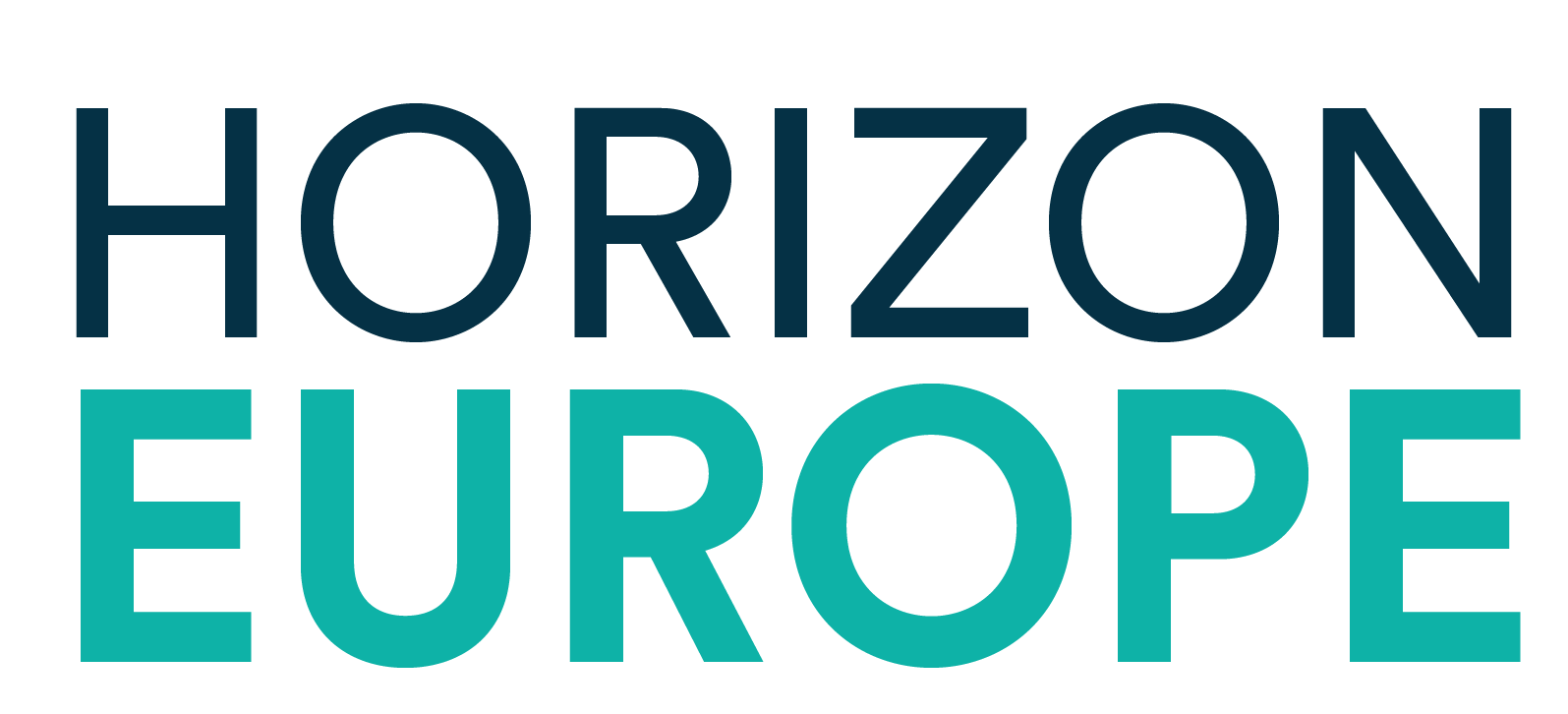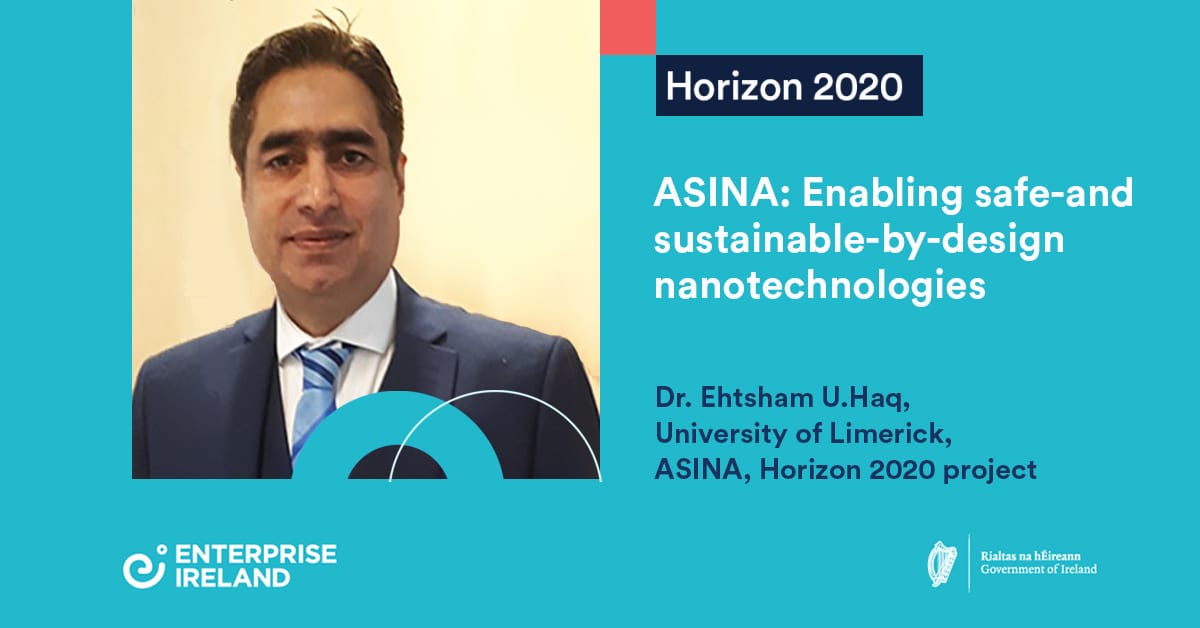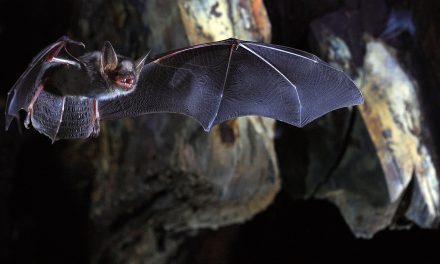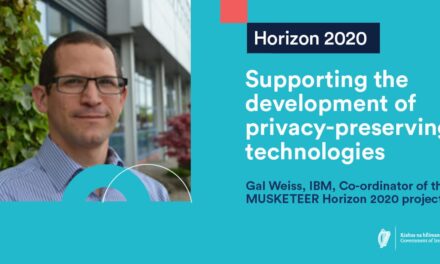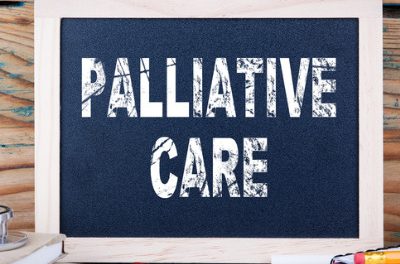ASINA Case Study
Dr Ehtsham U. Haq, University of Limerick, ASINA Horizon 2020 project
Key takeouts:
- The University of Limerick is taking part in a major project that is developing scientifically sound safe-by-design nanotechnologies.
- The 42-month ASINA project has received €5.99m from the European Union’s Horizon 2020 Research and Innovation Programme.
- The ASINA project will support the fast industrial uptake of nanotechnology by providing safe-by-design solutions and supporting tools.
H2020 Case Study: ASINA
Nanotechnology impacts nearly every sector of the global economy from electronics to cosmetics, and from defence to the automotive sector and agriculture. It plays a part in everyday items such as antibacterial hand creams and coated textiles and it is anticipated that the market worth will exceed $120 billion by 2024.
However, safety issues in relation to producing and disposing of nano-enabled products remain a concern.
“Although previous EU-funded projects have defined tools and concepts to ensure the safety of nano-enabled products through design, the current state of the art indicates that industrial production is struggling to activate the safe-and sustainable-by-design (SSbD) approach and the fast industrial uptake of engineered nanomaterials (NMs) is missing or unsafely implemented,” explains Dr Ehtsham U Haq, Senior Research Fellow at the University of Limerick, one of the ASINA (Anticipating Safety Issues at the Design Stage of NAno Product Development) project partners.
“The ASINA project aims to promote consistent, applicable and scientifically sound SSbD nanotechnologies by collecting information across all the design dimensions: functionality, production technologies, safety, environmental sustainability, cost effectiveness and regulatory requirements.”
Led by the National Research Council of Italy, the Horizon 2020-funded ASINA project will use an approach modelled on six-sigma practices, that focus on process improvement.
“One of the challenge that ASINA will address is how to distil existing methods into simple, robust, cost-effective methods for monitoring of physio-chemical properties and biological effect assessment of nanomaterials and address properties of concern like technical performance, hazard and exposure related issues in product-relevant matrices. ASINA will develop pilot facilities with a combination of digital technologies and artificial intelligence technologies (Digital Twins) under a SSbD framework,” adds Haq.
“In turn, this should help to accelerate the uptake of nanotechnology by industry and reassure end users of its safety, matching existing challenges summarised by the European Green Deal.”
Real-world applications
One of 21 partners in the ASINA consortium, the six-strong University of Limerick team is tasked primarily with physical-chemical characterisation of the nanoparticles and developing information about their properties. Two spin-out companies from the university are also partners on the project.
Focusing on two real-world product lines–antimicrobialcoatings for clean technology applications (textile and air filtration sector), and nanostructured capsules for applications in the cosmetic sector, ASINA has also had a part to play in tackling the Covid-19 pandemic.
“The methodologies of physio-chemical characterization developed by us can be applied to other nano-enabled products as well. We are developing coatings for variously functionalized textiles for face masks, air filters for example in collaboration with other partners,” says Haq.
“We’re enthusiastic about ASINA because what we’re doing will be used in real-life industrial applications,” explains Haq.
“We’re using machine learning tools to generate response functions and obtain the full set of design solutions performance attributes. An expert system (ASINA- ES), easily adoptable by industries, will be developed for supporting the industrial product designers in identifying the suitable SSbD solutions better complying with the design constraints….There will be huge learning from this project.”
The Horizon advantage
Like all Horizon projects, ASINA is a multi-disciplinary, international project involving a range of players from large research institutes to small and medium-sized enterprises. The project is also collaborating with other Horizon 2020 funded projects focusing on safe-by design production of nano-enabled products. While ASINA is still very much in its infancy, having been held up by laboratory closures due to Covid-19, Haq has recently been involved in two other Horizon projects – OYSTER and M3DLOC.
“One of the advantages of being involved in Horizon projects is the breadth of experience you get and the profile of your research in an international audience. The projects I’ve been involved with have all been very different. OYSTER aims to develop standardized measurement protocol for surface free energy for quality control in nano-enabled and bioinspired products, while M3DLOC involved 3D printing for the fabrication of microfluidic MEMS for lab-on-a-chip and sensing applications. ASINA is on the other hand is dealing with nanoparticles and nano-enabled products. That makes the work very interesting, challenging and in return it also extends your technical expertise,” says Haq.
“Overall, the Horizon experience is beneficial for both your research and personal development. Because you are dealing with people from other professions who have a completely different perspective and experience, you become more multi-disciplinary and broaden your collaborations and skill level.” says Haq.
For those considering getting involved in a Horizon proposal, perhaps for the first time, Haq highlights two issues.
“In Horizon projects a great deal of time is spent on consortium building. You’re bringing together not only researchers but managers, Intellectual Property experts, SMEs and others, so that side of things is as important along the original idea, and it’s important to get it right.
“Also, take advantage of any support that’s available if you are involved in producing the proposal. Enterprise Ireland has a range of supports and my experience of dealing with them has been very positive.”
For advice or further information about applying for Horizon 2020 support please contact HorizonSupport@enterprise-ireland.com or consult www.horizoneurope.ie
